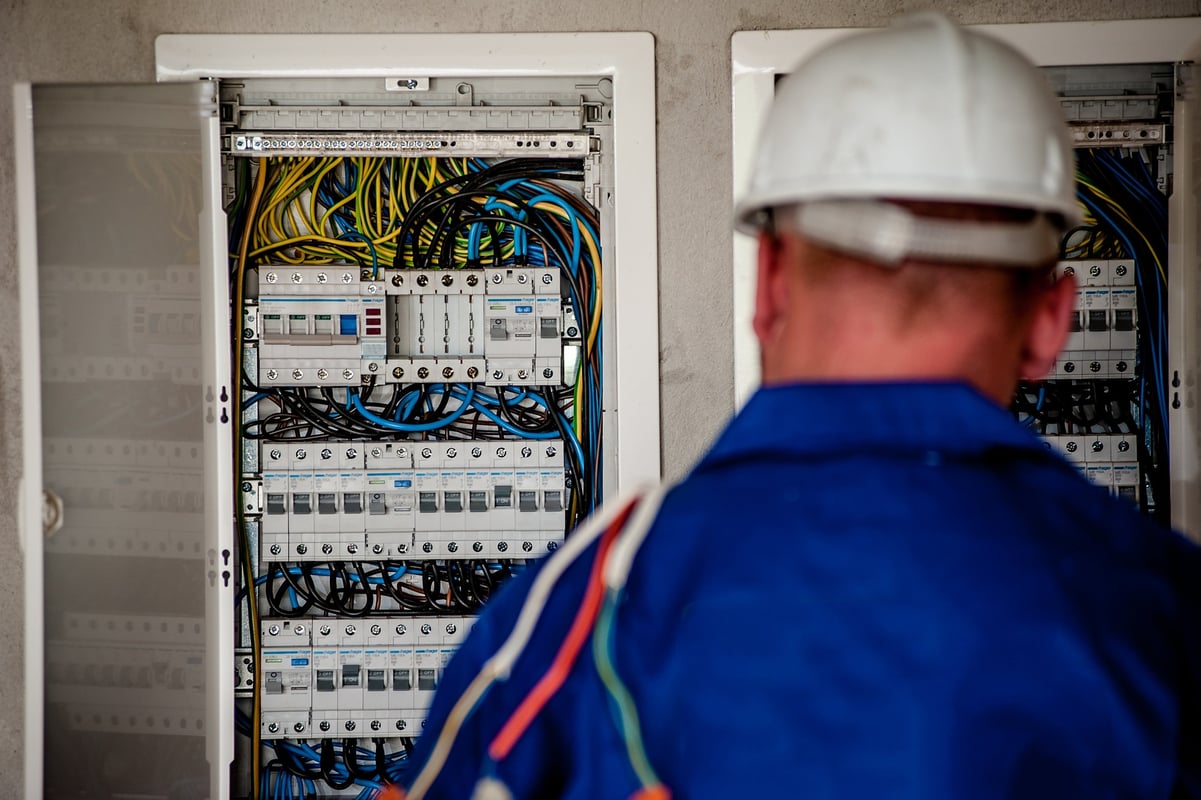Is Electrician a Good Job? Pros and Cons

Choosing a career path can be a daunting task, but with the right information, you can make an informed decision. One career that has gained popularity in recent years is that of an electrician. In this blog post, we will explore the pros and cons of pursuing a career as an electrician, the essential skills and qualifications required, the career outlook, and factors to consider before making a decision.
Career Outlook for Electricians
The career outlook for electricians is promising. According to the Bureau of Labor Statistics, the employment of electricians is projected to grow 8% from 2020 to 2030, faster than the average for all occupations. This growth is primarily driven by the need to upgrade and expand electrical systems in existing buildings and the construction of new residential and commercial structures.
Factors to Consider before Deciding on a Career as an Electrician
Before committing to a career as an electrician, it is essential to consider the following factors:
-
Education and Training: Becoming an electrician typically requires completing an apprenticeship program or vocational training. Research different training programs and consider using platforms like Dreambound to find the one that best suits your needs.
-
Physical Demands and Hazards: Evaluate your physical fitness and willingness to work in potentially hazardous environments.
-
Work-Life Balance: Consider the irregular working hours and potential impact on your personal life and relationships.
-
Long-Term Goals: Determine if the electrician career aligns with your long-term goals and aspirations. Consider the potential for advancement and growth in this field.
Final Thoughts
Becoming an electrician can be a rewarding career choice for those who enjoy working with their hands, have a strong technical aptitude, and value job security. The demand for electricians is expected to continue growing, offering excellent earning potential and opportunities for advancement. However, it is essential to consider the physical demands, potential hazards, and commitment to continuous learning that come with this profession. Use platforms like Dreambound to explore training programs and make an informed decision about pursuing a career as an electrician.
Dreambound has written many guides to help you understand what it takes to get this certification. If you're curious about the process or requirements in different states, check out our other guides below:
- How to Become an Electrician in Florida
- How to Become an Electrician in Maine
- How to Become an Electrician in Missouri
- How to Become an Electrician in Rhode Island
- How to Become an Electrician in Texas
Contemplating a transition in your career or exploring various professional paths? Dreambound has written many guides to help you in making informed decisions. Here are a few:

Fel is a student support representative who guides enrollees to the right program and answers their queries. She's committed to helping students and takes pride in her work. In her free time, she enjoys sightseeing and hanging out with loved ones.



